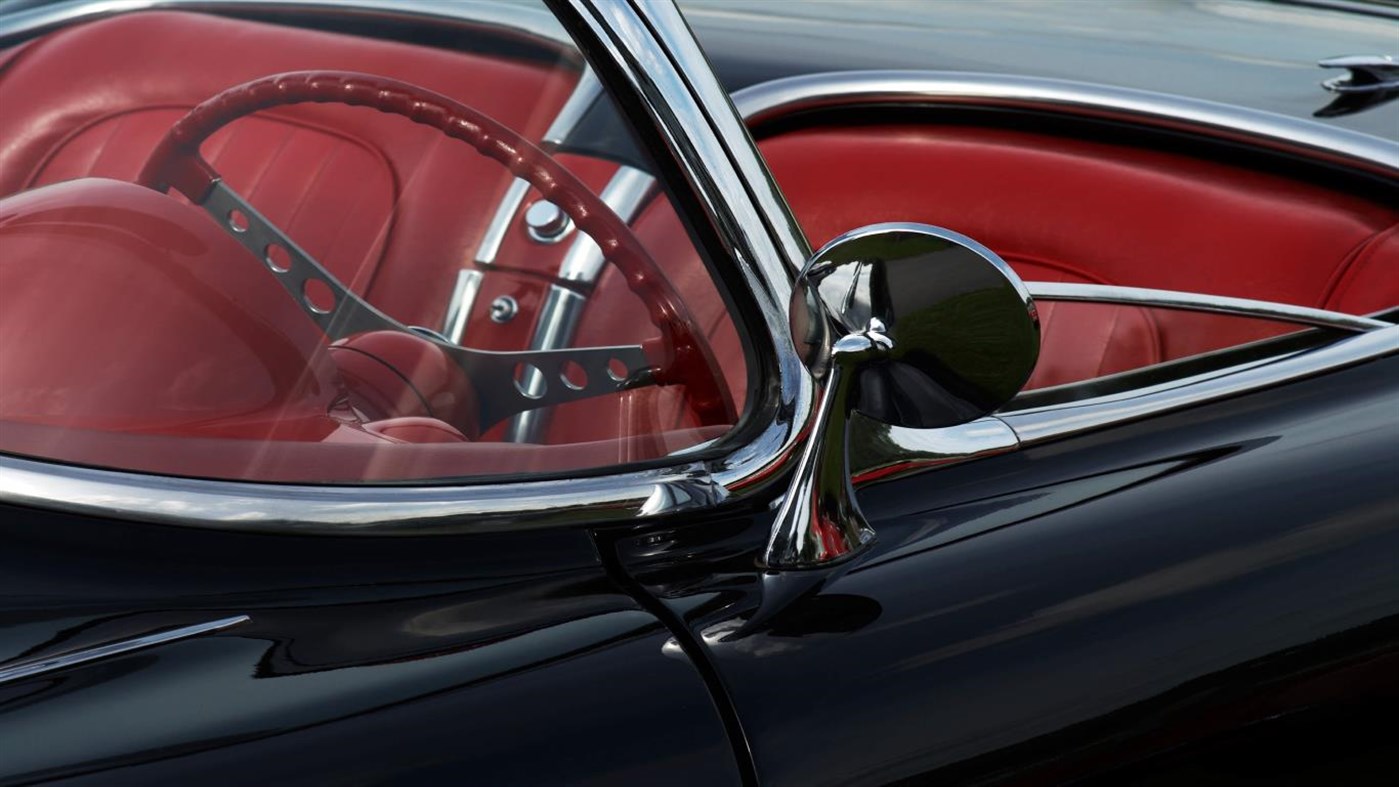
The market for classic cars is a fascinating arena, where passion for automotive history converges with significant financial transactions. For many, these vehicles are more than just transportation; they represent a tangible connection to the past, a symbol of nostalgia, and often, a valuable investment. Unlike modern vehicles with standardized pricing, the vintage automobile market carries a subjective value, influenced by historical significance, rarity, condition, and demand among enthusiasts.
Successfully navigating the purchase of a classic car demands a blend of knowledge, strategy, and a meticulous approach. The absence of a clear market value means that buyers must be prepared to engage in delicate discussions to arrive at a price that accurately reflects the vehicle’s true worth, while also accounting for factors like restoration costs, mechanical condition, and authenticity. This comprehensive guide aims to equip prospective buyers with actionable advice and step-by-step instructions to empower them in making informed decisions and avoiding common pitfalls in this complex market.
Our objective is to simplify the often intricate process of classic car price negotiation. We will provide detailed explanations and practical tips, ensuring you have a comprehensive understanding of how to approach sellers, assess vehicles, and ultimately, achieve the best value for your desired classic car. By understanding and applying these strategies, you can confidently pursue your dream car, transforming a potentially daunting experience into a rewarding acquisition.
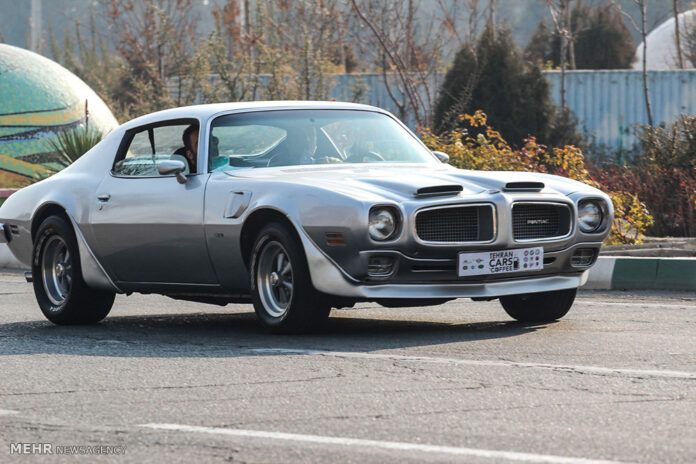
1. **Do Your Thorough Research**”As always, the best way to prepare yourself for any transaction is to arm yourself with knowledge.” This foundational principle is especially critical when dealing with classic cars, where intrinsic value can be highly subjective. Thorough research is not merely a suggestion but a prerequisite for a fair and successful deal, enabling you to justify your proposed price and effectively counter any arguments made by the seller.
Begin by delving into the specific make and model that has captured your interest. “Make sure you know all about its production history, unique features, and any potential issues that may be commonly associated with it.” Understanding typical price ranges, common problems, and the cost of parts and repairs for that particular model will provide a solid foundation for negotiation. Resources like Hagerty, ClassicCars.com, and Hemmings are excellent platforms for gathering such information, offering insights into historical and current market trends.
It is also imperative to conduct specific research on the vehicle you intend to purchase. “Obtain a vehicle history report to assess its past accidents or damages.” Beyond this, “Be prepared to inspect the car thoroughly in person, or hire a professional inspector if necessary, to identify any hidden concerns that may impact its value.” This level of scrutiny empowers you with factual ammunition for negotiation, turning potential flaws into leverage.
The scope of your research should extend to the seller. “If you’re buying from a dealership, check their reputation and read reviews from previous customers.” For private sellers, “ask for references and do a background check to ensure they are a legitimate seller.” This holistic research approach enhances your negotiating position significantly, increasing the likelihood of reaching a mutually beneficial agreement.
Read more about: Avoid the Pitfalls: The 14 Most Common Mistakes People Make When Installing Aftermarket Car Stereo Systems
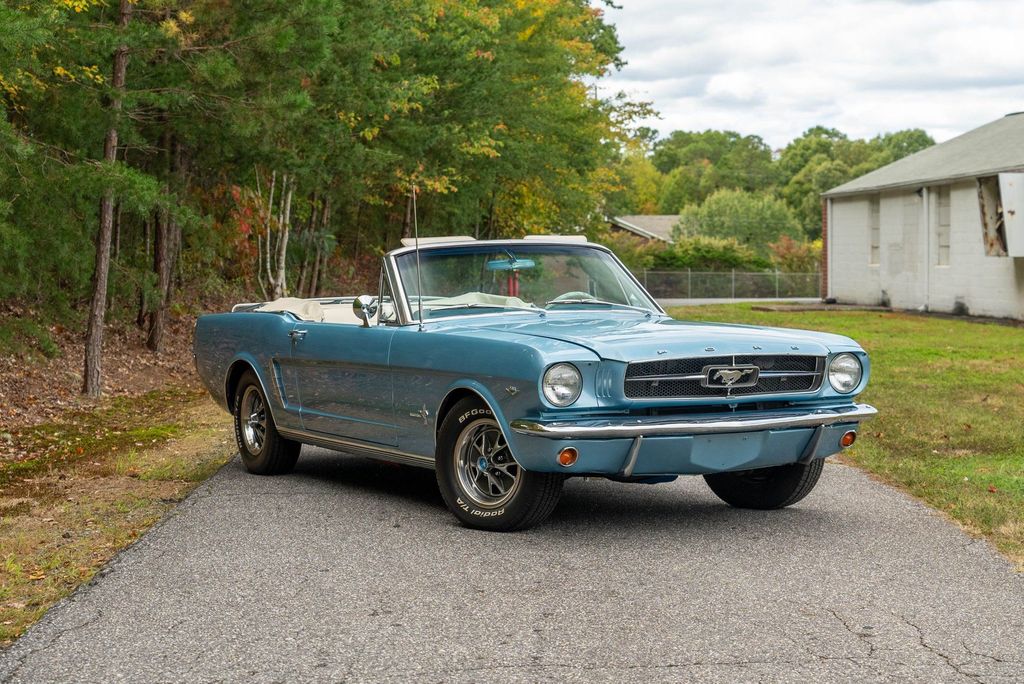
2. **Establish Your Budget and Desired Price Range**”Knowing your budget is also important when negotiating the price of a classic car.” This seemingly straightforward piece of advice underpins all successful financial transactions. Before entering any negotiations, it is paramount to possess a clear understanding of your own financial limits and precisely what you can comfortably afford, not just for the purchase itself, but for the entire ownership experience.
The process begins by determining the maximum amount you are genuinely willing to pay for the car. “This will help you define the kind of vehicles you can afford at the moment.” Such a clear financial boundary allows you to narrow down your choices to the most realistic options, preventing emotional overspending. Crucially, “keep in mind that you need to factor in additional costs such as taxes, registration fees, and any necessary repairs.” These ancillary expenses can significantly inflate the total cost of ownership.
“Having a predetermined budget also helps you resist the temptation of overspending in the excitement of acquiring a classic car.” The allure of a dream vehicle can easily lead to impulsive decisions that are not financially sound. A firmly established budget acts as a safeguard, ensuring that the final price aligns with your broader financial goals and priorities, promoting a more satisfying and financially responsible purchase.
To further refine your budget, “check the Market: Look online, at auctions, and on car forums to get a feel for similar models’ costs.” This market awareness helps you “grasp the market value and create a feasible budget.” Based on this research and your personal finances, “come up with a range that includes your ideal price and the highest amount you’re willing to pay.” This range provides essential flexibility during negotiations while ensuring adherence to your financial limits.
Read more about: The Gold Standard vs. The Graveyard: A Deep Dive into 10 Used Crossovers Dealers Love (and Loathe)
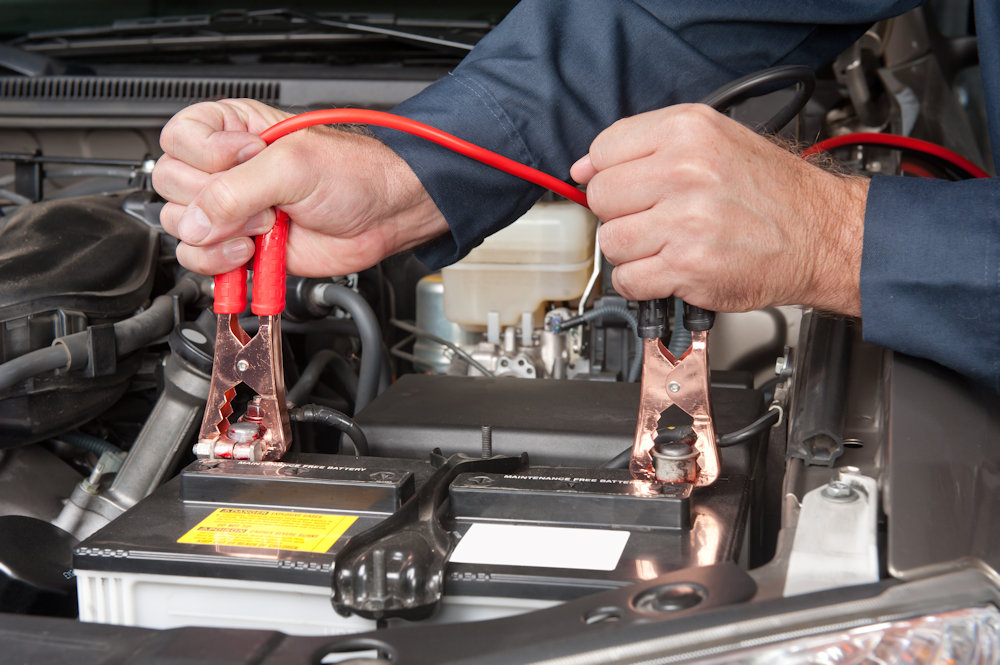
3. **Inspect the Classic Car Thoroughly**A comprehensive and meticulous inspection of the classic car is an indispensable step before any negotiation takes place. This critical evaluation serves as your primary tool to identify any potential problems or hidden issues that could directly impact the vehicle’s value and, consequently, your negotiation leverage. “A thorough inspection is crucial when purchasing a classic car.”
If you lack confidence in your own assessment skills, “bring along a mechanic or a classic car expert.” Their specialized knowledge can uncover issues that an untrained eye might miss. The inspection should cover several key areas, ensuring no stone is left unturned. For the “Body and Frame: Look for rust, corrosion, and signs of previous repairs.” Rust, in particular, “is a common issue with older cars and can be expensive to fix,” making it a significant bargaining point.
The mechanical heart of the vehicle demands equal attention. “Engine and Transmission: Check for any leaks, unusual noises, and the overall condition of the engine.” A smooth-shifting transmission is a good indicator of its health. Internally, “Assess the condition of the upholstery, dashboard, and other interior components.” The preservation of “Original interiors can add value to the car,” while wear and tear can justify a lower offer.
Beyond the visible, “Documentation: Verify the car’s history, including maintenance records, ownership history, and any restoration work that has been done.” A well-documented history provides crucial insights into the car’s past care and authenticity. The wheels and tires, suspension, and brakes also warrant close scrutiny for wear, damage, and proper functioning, all of which can influence negotiation.
Read more about: The Savvy Seller’s Guide: Unlocking Your Used Car’s True Value with 14 Free Online Tools
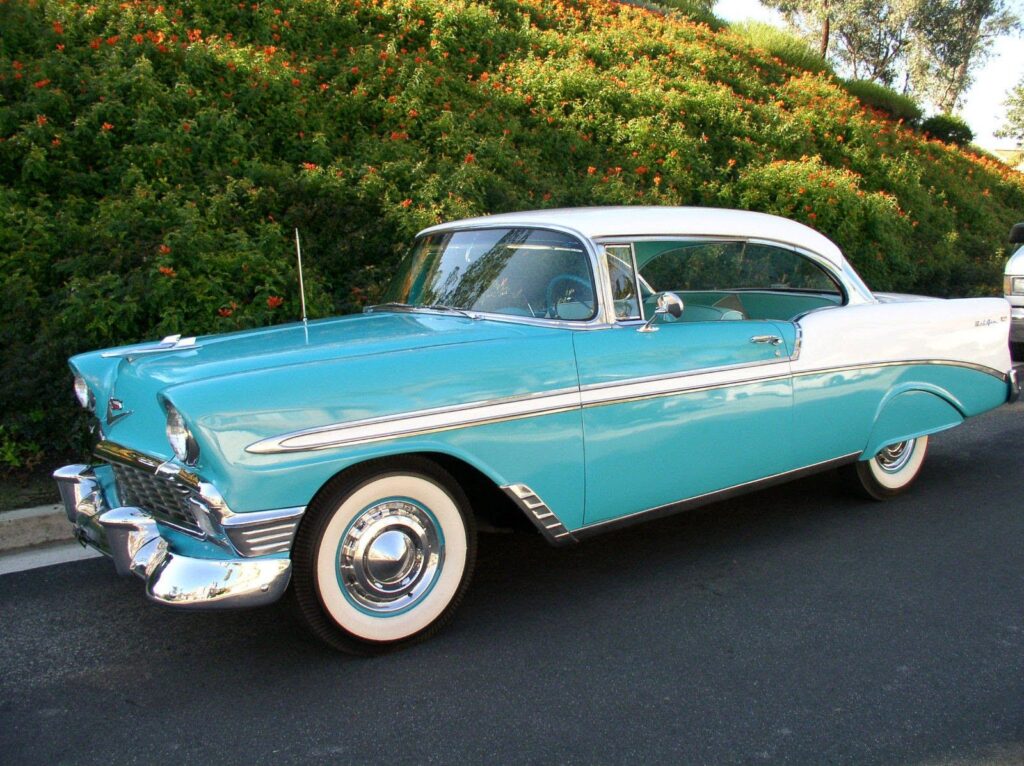
4. **Build a Strong Rapport with the Seller**While the technical aspects of a classic car purchase are paramount, the human element of negotiation should not be underestimated. “Building a positive relationship with the seller can significantly impact the negotiation outcome.” This emphasizes that negotiation is not solely about figures and facts, but also about interpersonal dynamics and mutual respect.
“Approach the negotiation with respect and genuine interest in the car.” Sellers of classic cars often harbor a deep emotional attachment to their vehicles, having invested considerable time, money, and effort into their maintenance and restoration. Acknowledging this connection, rather than dismissing it, can create a more receptive environment for discussion. “Avoid making any negative comments about the car or the seller’s asking price” as this can quickly sour the interaction.
Instead, “focus on the positive aspects of the car and use your research and knowledge to make a strong case for a lower price.” Engaging with the seller by “asking about the car’s history, previous owners, and any memorable stories associated with it” demonstrates your appreciation for their prized possession. “Sellers are often more willing to negotiate with someone who shows appreciation for their vehicle.” This courteous demeanor fosters a positive atmosphere, increasing the likelihood of a successful deal.
Understanding “the seller’s motivation can also affect the room for negotiation.” “Try to find out why the seller is selling the car and use this information to your advantage.” For instance, “if the seller needs to sell the car quickly, they may be more willing to negotiate a lower price.” This insight, combined with a respectful approach, allows for a more empathetic and effective negotiation.
Read more about: Guard Your Sale: 13 Common Scams Targeting Private Car Sellers and How to Spot Them
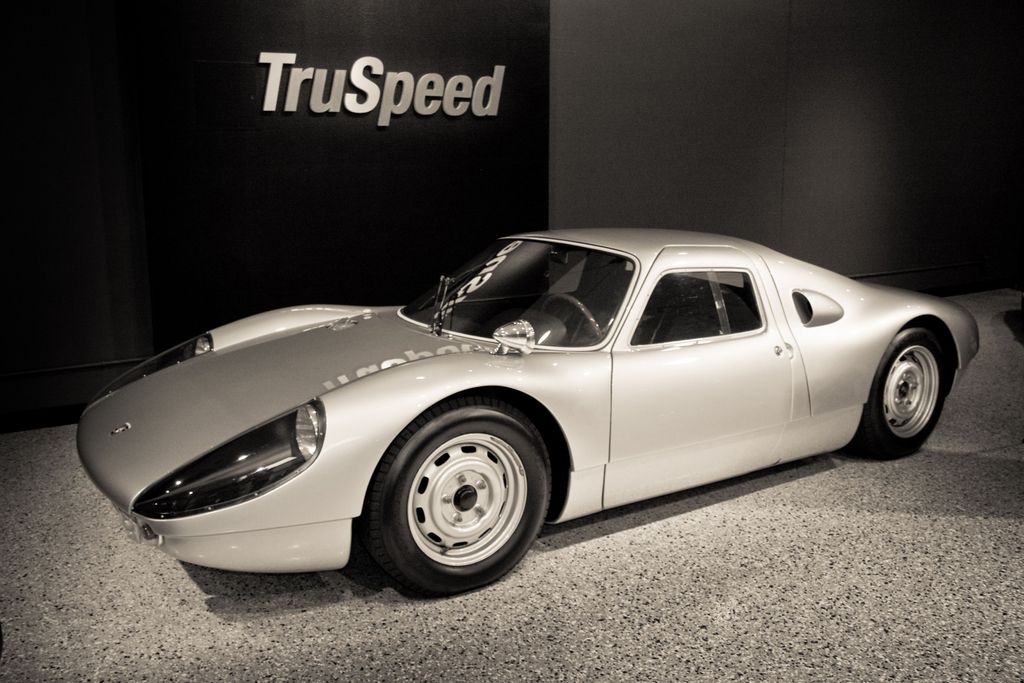
5. **Understand the Power of Being Prepared to Walk Away**In any negotiation, the ability and willingness to disengage from a deal is one of the most potent tools a buyer possesses. “It’s crucial to adopt a mindset of preparedness.” This means that if the terms are not favorable or the seller remains inflexible on price, you must be “ready to walk away from the deal.” This approach is not about being aggressive; rather, it is about maintaining control and demonstrating your conviction.
“This approach empowers you as a buyer and communicates to the seller that you have alternatives and are not desperate to make the purchase.” When a seller perceives a buyer as overly eager or without other options, their incentive to negotiate diminishes. By contrast, a buyer who is clearly prepared to walk away signals that they are serious, informed, and will not overpay, thereby shifting the power dynamic.
“By being willing to walk away, you create a sense of urgency for the seller to reconsider their pricing or be more flexible in negotiations.” This psychological leverage can often prompt a seller to re-evaluate their stance, especially if they are genuinely motivated to sell. It provides them with an opportunity to consider a compromise they might otherwise have dismissed, fearing the loss of a potential buyer.
“It gives you a bit more control of the bargaining process.” This control is vital in avoiding succumbing to pressure, particularly when facing a skilled or unyielding seller. Furthermore, it “will even make you look like a savvy and discerning buyer,” which can, in itself, encourage the seller to present more reasonable terms to ensure a successful transaction. “If the seller is not willing to negotiate or if the price is too high, it’s better to walk away and continue your search.”
Read more about: 12 Simple Cybersecurity Habits That Can Save Your Family From $10000 in Losses: A Digital Lifeline for Your Loved Ones
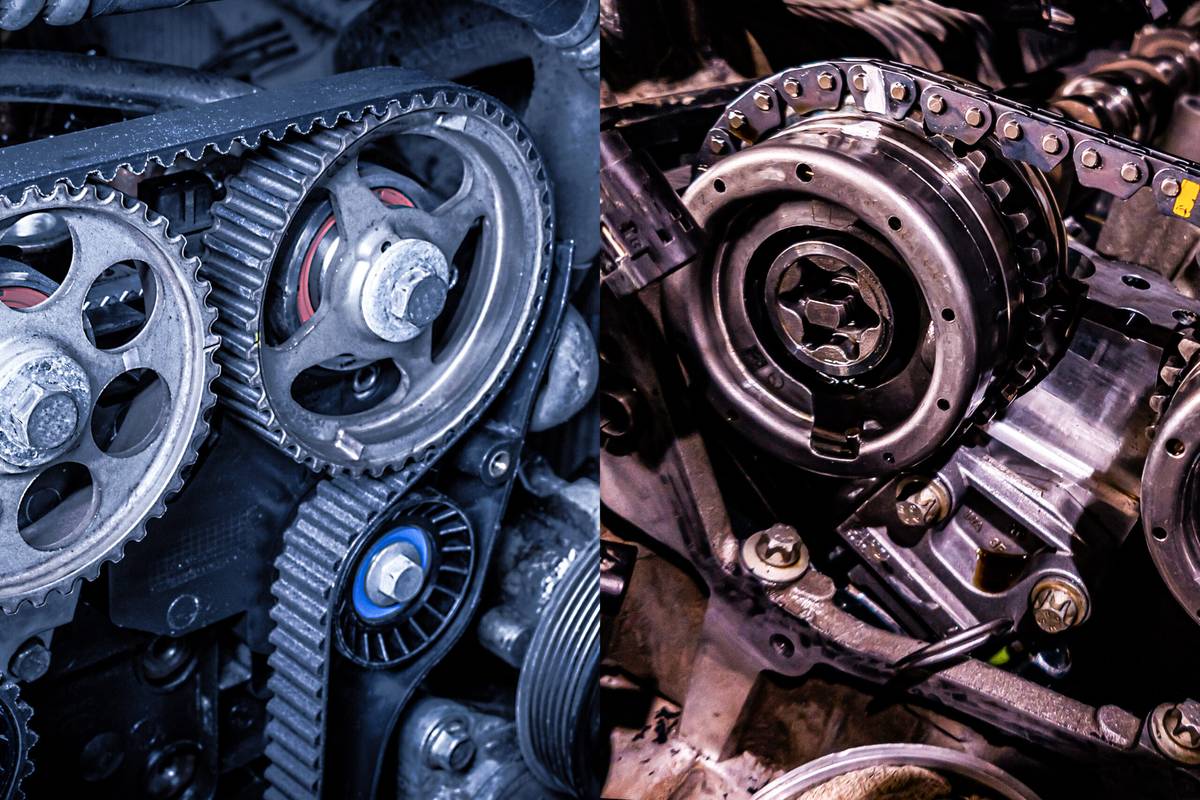
6. **Timing Your Offer for Optimal Advantage**The old adage “timing is everything” holds significant weight in the realm of classic car negotiations. The period in which you choose to make your offer, or even approach the seller, can substantially influence their willingness to adjust the asking price. Understanding these temporal dynamics can provide a distinct advantage.
“Timing can play a crucial role in negotiating the price of a classic car.” Sellers might be more amenable to lowering their asking price during specific times of the year, often dictated by seasonal demand or personal circumstances. For example, “buying a classic convertible in the winter when demand is lower can often result in a better deal.” This is a straightforward supply-and-demand principle at play, where reduced buyer interest translates to increased seller flexibility.
Beyond seasonal trends, a seller’s personal situation can create opportune moments for negotiation. “Additionally, sellers who need to sell quickly due to personal circumstances or upcoming financial obligations might be more open to negotiation.” Furthermore, a car that has been on the market for an extended period, or has seen multiple prospective buyers come and go, often indicates a potential overvaluation or lack of market interest, creating an opportune moment for a determined buyer.
Read more about: Unlock Your Home’s Wi-Fi Potential: 14 Practical Steps to Significantly Boost Your Signal Strength
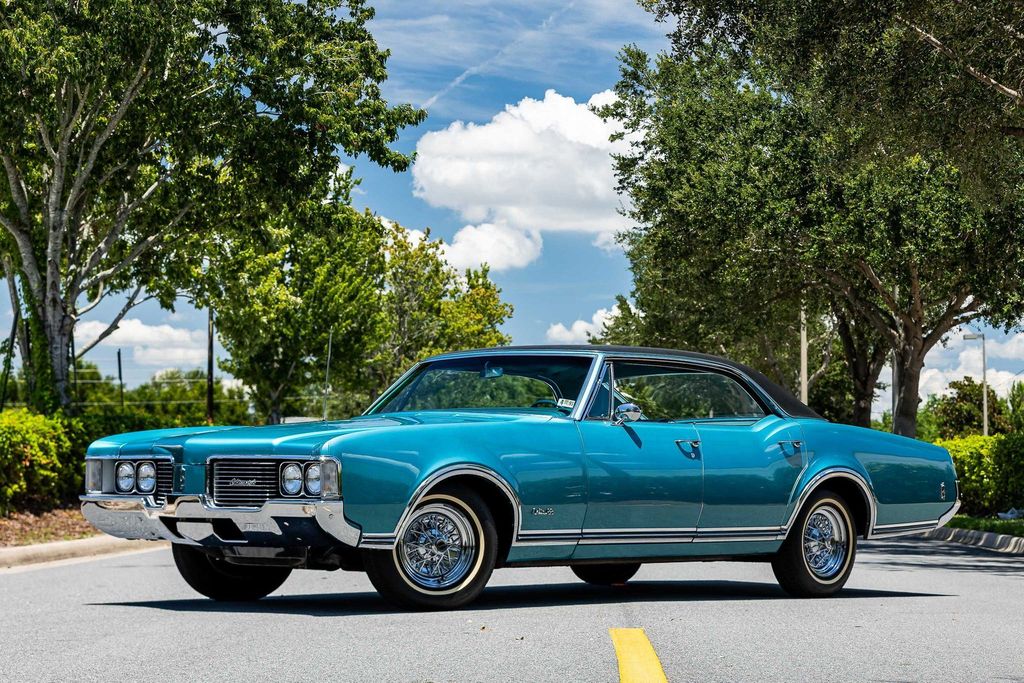
7. **Crafting Your Initial Offer Strategically**The initial offer you present to a seller is a critical moment in the negotiation process. It sets the tone, communicates your seriousness, and provides the starting point for all subsequent discussions. Therefore, “when making an offer, aim to be realistic yet strategic.” This balance is essential to prevent two common pitfalls: offending the seller with an excessively low bid or leaving no room for movement with an offer that is too high.
“Starting too low can offend the seller,” which can immediately create animosity and make further negotiation difficult, if not impossible. A seller who feels disrespected might become entrenched in their asking price or even refuse to continue discussions. Conversely, “an offer that’s too high leaves little room for negotiation,” undermining your ability to achieve the best possible deal. The goal is to signal your intent to purchase seriously while opening the door for a beneficial exchange.
“A good rule of thumb is to offer around 80-85% of the asking price, depending on your research and the car’s condition.” This percentage range is a practical starting point, but it must be informed by your thorough research. If your inspection has revealed significant flaws or if market comparables indicate the asking price is inflated, you may justify an offer closer to the lower end of this range, provided you can substantiate it.
“Present logical arguments that support your offer, like future repairs or maintenance costs.” This transforms your offer from a mere number into a well-reasoned proposal. By justifying your price with objective facts, you frame the negotiation as a practical discussion about value rather than an emotional battle. This strategic opening demonstrates your preparedness and commitment to a fair deal, laying the groundwork for a successful classic car acquisition.
Navigating the classic car market successfully requires not only foundational knowledge but also advanced negotiation tactics to ensure a truly rewarding acquisition. Beyond the initial preparation, a discerning buyer must delve into the intricacies of financing, value-added considerations, and the procedural safeguards that protect their investment. These advanced strategies empower you to confidently approach the closing stages of a deal, securing a classic car that brings joy without financial strain.
Read more about: Outsmarting the ATS: 10 AI Resume Tools That Write Better Resumes Than Human Experts
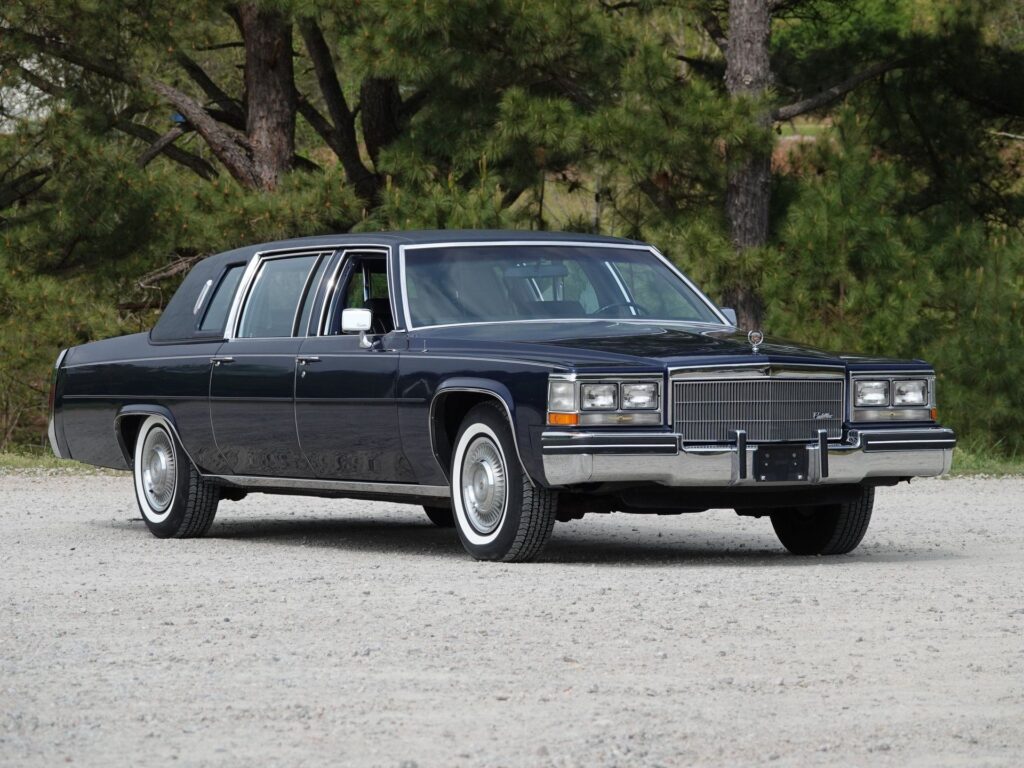
8. **Considering All Additional Costs Beyond the Purchase Price**When pursuing a classic automobile, the initial asking price often represents only a fraction of the total investment required. A comprehensive understanding of all ancillary expenses is paramount to formulating a realistic budget and, crucially, to identifying additional negotiation points. Failing to account for these costs can lead to significant financial strain post-purchase, diminishing the enjoyment of your new acquisition.
Key among these additional expenses are insurance, which for classic vehicles can differ substantially from standard automotive policies, and dedicated storage solutions that often entail specific environmental controls to preserve the car’s condition. Furthermore, routine maintenance for older vehicles often necessitates specialized parts and expertise, potentially leading to higher labor and material costs. Any required restoration work, whether cosmetic or mechanical, can also represent a substantial and often underestimated outlay.
By meticulously factoring in these ongoing and potential future costs, you establish a more accurate ‘true cost of ownership’ for the vehicle. This refined budget acts as a robust anchor, preventing overpayment on the car itself and ensuring you retain sufficient funds for its proper care. It transforms your negotiation from a simple discussion of the sticker price into a holistic assessment of the entire financial commitment.
Moreover, these identified costs can serve as potent leverage during negotiations. Openly discussing these anticipated expenses with the seller, especially if your research indicates a significant need for them, can help justify a lower offer. It frames your bid as a practical reflection of the vehicle’s long-term financial demands, rather than an arbitrary lowball figure, encouraging the seller to consider a more agreeable price.
Read more about: 15 Essential Questions to Unmask Shady Used Car Dealers and Save Thousands in Minutes

9. **Securing Your Financing in Advance**Entering classic car negotiations with pre-arranged financing significantly enhances your position and communicates a high level of seriousness to the seller. This proactive approach eliminates uncertainty regarding your ability to complete the purchase, allowing the negotiation to focus purely on the vehicle’s value and terms, rather than your financial capacity.
When a seller understands that you possess immediate access to funds, whether through a pre-approved loan or readily available cash, it creates a powerful incentive for them to engage constructively. They perceive you as a ready buyer, minimizing the risk of a deal falling through due to unforeseen financial hurdles. This perception can often prompt a seller to be more flexible on price or terms to secure a swift and assured sale.
For cash buyers, presenting proof of funds or a clear intention to pay in full offers a compelling advantage, signaling a straightforward transaction free of external financial approvals. If a loan is required, obtaining pre-approval for a specific amount demonstrates not only your financial readiness but also your commitment, providing a clear boundary for your maximum offer and bolstering your negotiating confidence.
This preparedness also serves to streamline the closing process. With financing secured, delays often associated with loan applications or fund transfers are mitigated, making the entire acquisition smoother and more efficient. It projects an image of a well-organized, decisive buyer, setting a positive tone for all subsequent discussions and potentially facilitating a more favorable final agreement.
Read more about: 15 Essential Questions to Unmask Shady Used Car Dealers and Save Thousands in Minutes
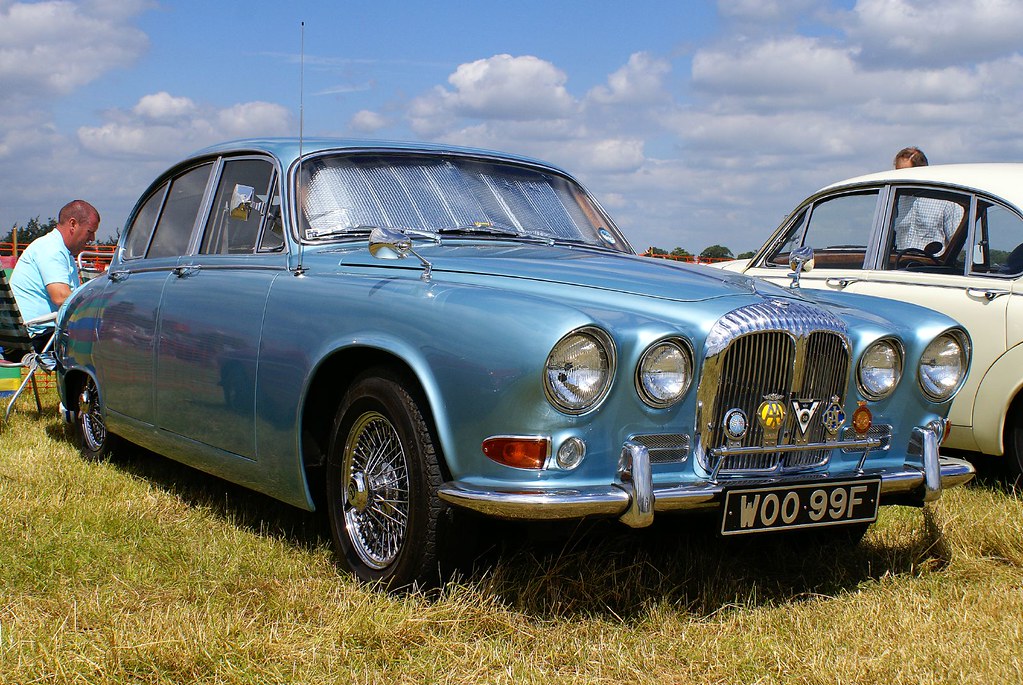
10. **Negotiating Beyond Just the Asking Price**Effective classic car negotiation extends far beyond the singular figure of the asking price. Savvy buyers understand that the overall value of a deal is often comprised of various negotiable components, offering multiple avenues to enhance the acquisition without solely focusing on a reduction in the headline cost. This broadened perspective allows for creative solutions that can satisfy both buyer and seller.
One significant area for flexibility lies in payment terms. While not all sellers are open to alternative arrangements, proposing a structured payment plan, a larger deposit, or a deferred final payment could be a viable option if it aligns with the seller’s needs. Such flexibility demonstrates your commitment and willingness to work within their constraints, potentially unlocking concessions elsewhere in the deal.
Furthermore, consider negotiating for inclusions that add tangible value to your purchase. This could encompass asking the seller to include spare parts, original manuals, specialized tools, or other classic car accessories that they may no longer need. For instance, obtaining a rare period-correct radio or a set of original wheels can significantly increase the car’s authenticity and your overall satisfaction, without directly altering the purchase price.
Another often overlooked aspect is the cost of delivery, especially if the car is located a considerable distance away. Negotiating for the seller to cover or share transportation costs, or even arrange for shipping, can represent a substantial saving. Similarly, exploring the possibility of including a short-term warranty on specific components, or a pre-sale maintenance service, can provide added peace of mind and bolster the value proposition.
By approaching negotiation with a creative and flexible mindset, you can craft a deal that optimizes your overall investment. This multifaceted strategy acknowledges that value is not just about the lowest number, but about the comprehensive package, ensuring you acquire a classic car that truly meets your expectations and financial parameters.
Read more about: The ’70s Riddle: Unpacking 14 Global Disruptions That Halted Imports at Ports of Entry

11. **Getting Everything in Writing for Protection**Once a verbal agreement has been reached regarding the purchase of a classic car, the critical next step is to formalize every detail in a comprehensive written agreement. This is not merely a bureaucratic formality; it is a fundamental safeguard designed to protect the interests of both the buyer and the seller, preventing potential misunderstandings or disputes down the line.
A meticulously drafted written agreement serves as a clear, legally binding record of all agreed-upon terms and conditions. It eliminates ambiguity that can arise from verbal discussions, ensuring that there is no room for misinterpretation of what was promised or expected. This document becomes the authoritative reference point should any discrepancies emerge post-sale, providing a clear path for resolution.
The agreement should explicitly detail the final purchase price, including any adjustments made during negotiation. It must also clearly outline the agreed-upon payment terms, such as the amount of any deposit, the schedule for remaining payments, and the accepted methods of transaction. Specific contingencies, such as the final sale being dependent on a satisfactory independent inspection or the successful transfer of title, should also be clearly stated.
Crucially, any additional items or services negotiated, such as included spare parts, original documentation, transportation arrangements, or agreed-upon pre-delivery maintenance, must be listed in precise detail. Leaving these valuable inclusions unwritten leaves them open to dispute, potentially undermining the value you negotiated. This thorough documentation ensures that both parties hold clear expectations and commitments, leading to a transparent and secure transaction.
Read more about: 12 Essential Questions to Ask Your Mechanic Before Approving Any Car Repair
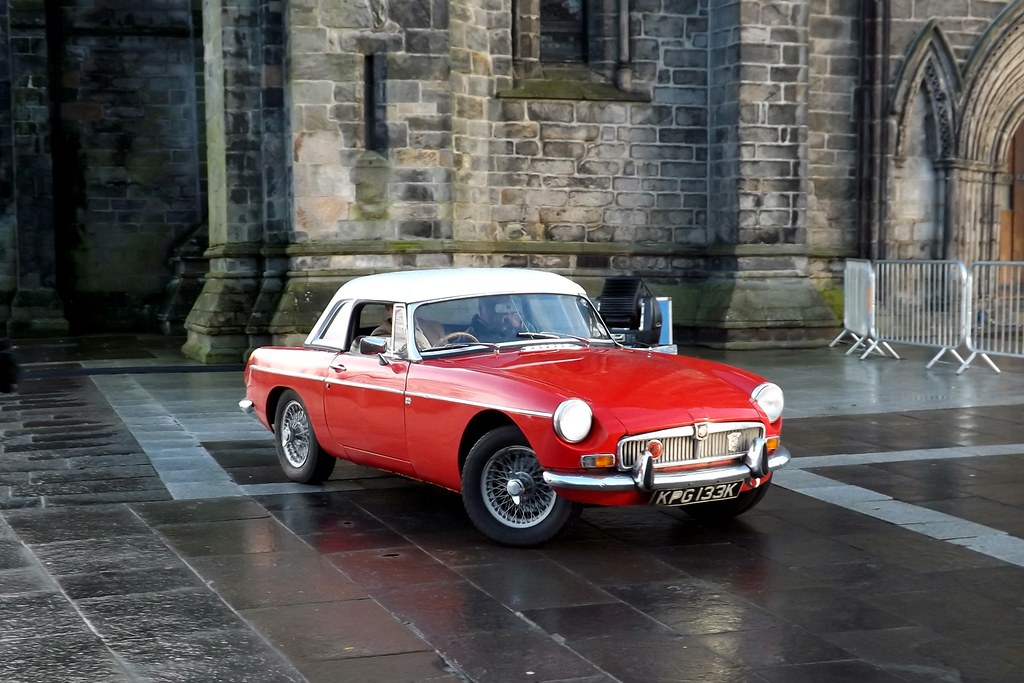
12. **Maintaining Calmness and Patience Throughout the Process**The allure of acquiring a dream classic car can often evoke intense excitement, yet it is precisely during these moments that maintaining calmness and patience becomes paramount. Allowing emotions to dictate your approach can lead to impulsive decisions, compromises you later regret, or an inability to effectively counter a shrewd seller. A disciplined demeanor ensures rational thought prevails.
Classic car negotiations are rarely swift, often unfolding over several discussions or even days. Rushing the process, either by making overly eager offers or by failing to thoroughly consider counteroffers, can put you at a distinct disadvantage. A patient approach signals that you are a serious, discerning buyer who will not be pressured into an unfavorable deal, thereby strengthening your bargaining position.
Taking your time allows for careful consideration of each offer and counteroffer, enabling you to revisit your research, reassess the vehicle’s condition, and consult with advisors if necessary. This reflective period is essential for formulating well-reasoned responses, rather than reactive ones, ensuring that every step taken is deliberate and aligned with your overall purchasing strategy.
Ultimately, patience often translates directly into better deals and helps in avoiding the significant pitfall of buyer’s remorse. By not succumbing to the immediate gratification of closing a deal, you preserve your ability to walk away if the terms are not right, or to patiently wait for the seller to meet your reasonable expectations. A calm, measured approach protects your investment and enhances the long-term satisfaction of owning your classic car.
Read more about: The Daily Habits That Empower 12 Successful Female CEOs for Peak Mental Clarity

13. **Knowing When and How to Compromise Effectively**Negotiation, at its core, is the art of finding a mutually agreeable middle ground. While a buyer’s goal is always to secure the most favorable terms, an unwillingness to compromise can lead to an impasse, costing you the opportunity to acquire a desirable classic car. Effective compromise is not about capitulation, but about strategic flexibility.
It is vital to enter negotiations with a flexible mindset, prepared for intricate discussions where both parties need to adjust their initial positions. Understanding that classic car transactions often involve a blend of financial and emotional value for sellers can guide your approach. The aim is to reach a suitable and fair price that satisfies both you and the seller, transforming a potential confrontation into a collaborative effort.
Compromise doesn’t always have to involve a direct adjustment to the cash price. For instance, if a seller is firm on their asking price, you might compromise by accepting that price in exchange for additional perks, such as the inclusion of valuable spare parts, original documentation, or even a pre-delivery detailing service. These non-cash inclusions can add substantial value to the overall deal, making it more appealing without altering the headline figure.
Moreover, knowing your priorities is crucial for effective compromise. If a particular classic car is exceptionally rare, in pristine condition, or possesses unique features that are highly desirable to you, being willing to pay a slight premium beyond your initial target price might be a wise compromise. This strategic flexibility, informed by thorough research and a clear understanding of your own valuation, ensures that you make a well-informed decision that balances cost with intrinsic value.
Ultimately, successful negotiations often hinge on identifying areas where both parties can make concessions that acknowledge the value each places on the classic car. This collaborative approach fosters goodwill and paves the way for a satisfying transaction, ensuring you drive away happy with your new automotive treasure.
Read more about: Avoid the Pitfalls: The 14 Most Common Mistakes People Make When Installing Aftermarket Car Stereo Systems

14. **Utilizing Professional Expertise for Complex Negotiations**The intricate landscape of classic car transactions, coupled with the emotional and financial stakes involved, can make negotiation a daunting task for even experienced buyers. In such scenarios, enlisting the support of a knowledgeable professional can provide invaluable guidance and significantly improve your chances of securing the best possible deal.
This professional assistance can come in various forms, including a classic car expert with deep market knowledge, a trusted mechanic who can provide objective condition assessments, or even a dedicated professional negotiator specializing in high-value assets. Their expertise offers an objective lens, free from the emotional attachment that can sometimes cloud a buyer’s judgment.
If you find yourself lacking confidence in your own negotiation skills, or if the classic car in question represents a particularly complex or high-value acquisition, delegating the negotiation process to a professional can be a shrewd move. They possess the experience to identify subtle market nuances, leverage technical findings effectively, and navigate delicate discussions with sellers, ultimately aiming to secure more favorable terms than you might achieve alone.
A classic car expert, for instance, can provide accurate valuation insights, drawing on extensive data and industry trends to justify offers or counteroffers. A trusted mechanic can articulate the precise costs and implications of identified flaws, providing concrete arguments for price adjustments. A professional negotiator, meanwhile, brings a trained strategic approach, adept at managing communication dynamics and securing concessions.
Engaging such expertise ensures that every aspect of the negotiation is handled with precision and strategic foresight. It provides an added layer of confidence, knowing that your interests are being represented by someone who understands the market intimately and is solely focused on achieving the best possible outcome for you, transforming a potentially overwhelming process into a streamlined and successful acquisition.
Read more about: The Savvy Seller’s Guide: Unlocking Your Used Car’s True Value with 14 Free Online Tools
Acquiring a classic car is a journey that marries passion with astute financial planning. As you stand ready to usher a piece of automotive history into your garage, remember that the art of negotiation is your most powerful tool. It’s a dance of preparedness, patience, and strategic communication, where every researched fact and every respectful interaction builds towards your ultimate goal. By embracing these advanced tactics, from understanding the full spectrum of costs to leveraging expert advice, you’re not just buying a car; you’re meticulously crafting a legacy. Drive forward with confidence, and let your informed decisions pave the way to countless miles of cherished motoring memories.



